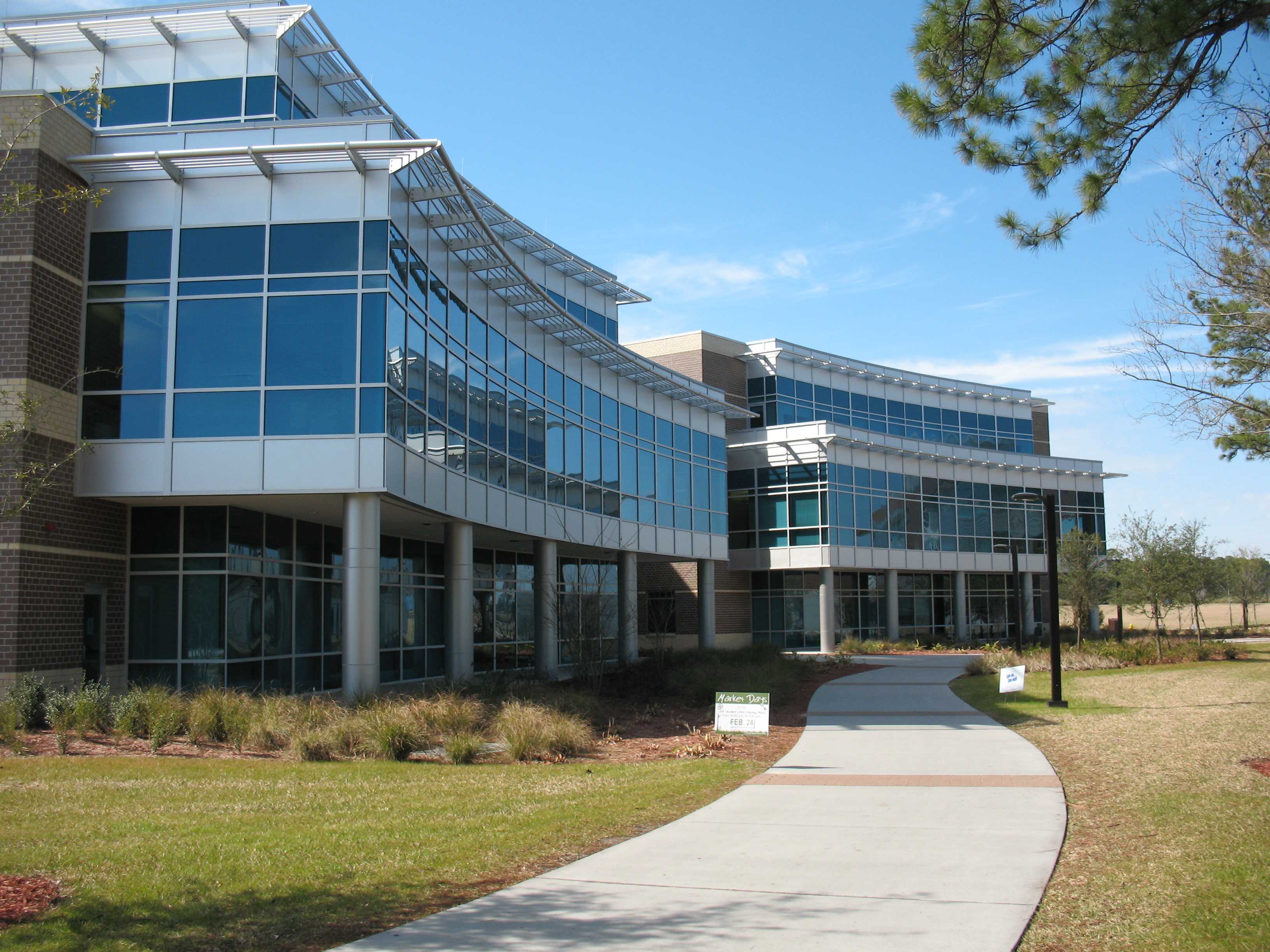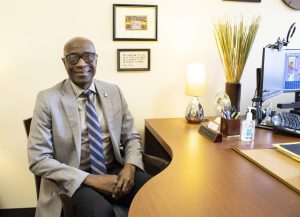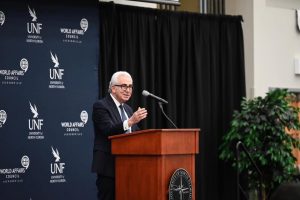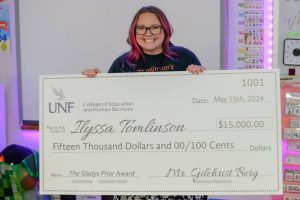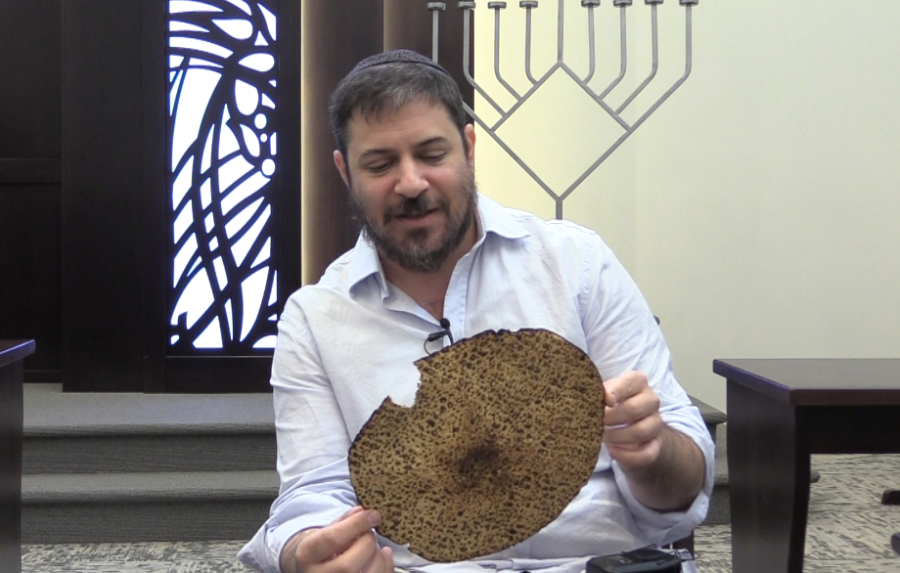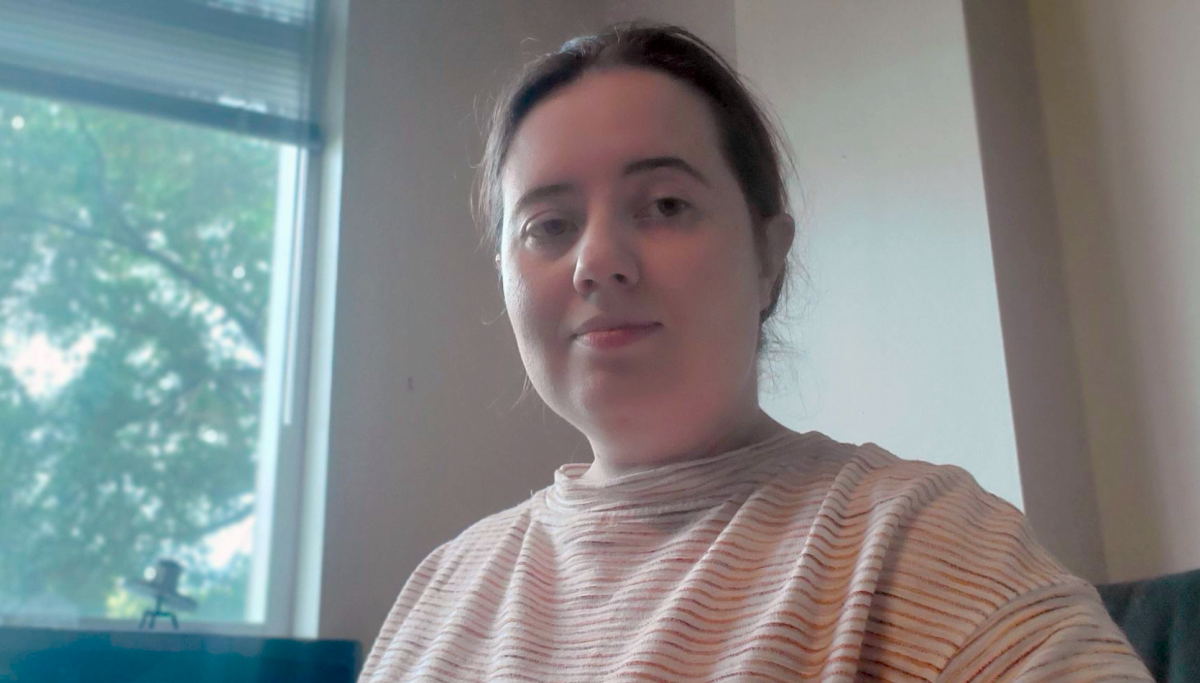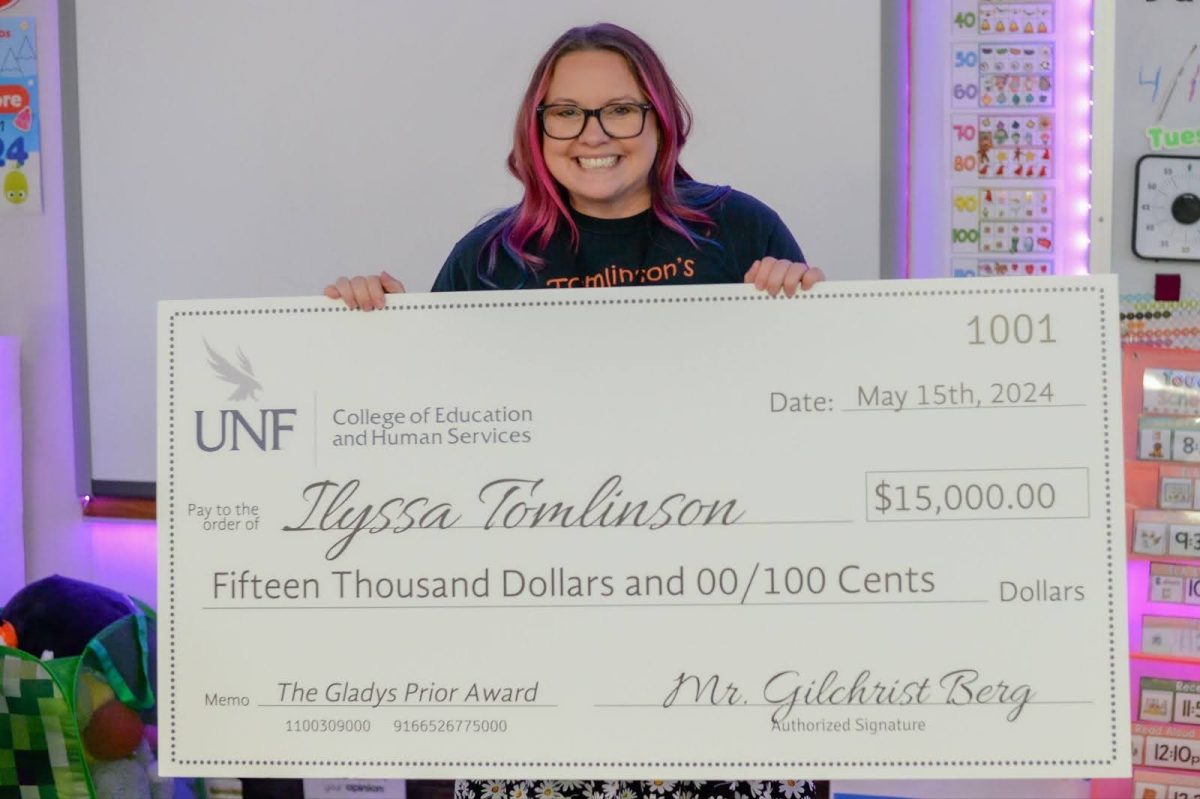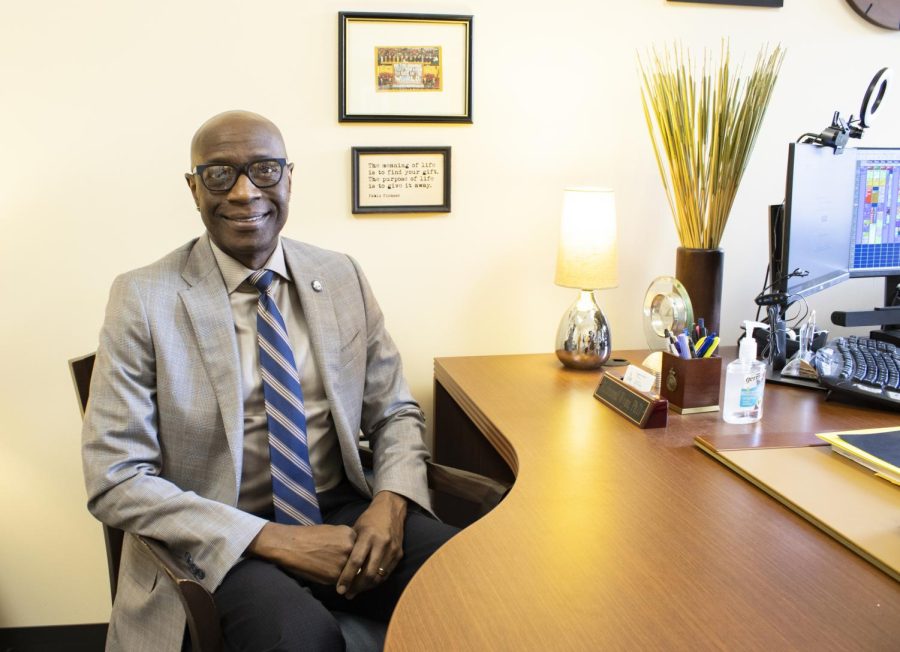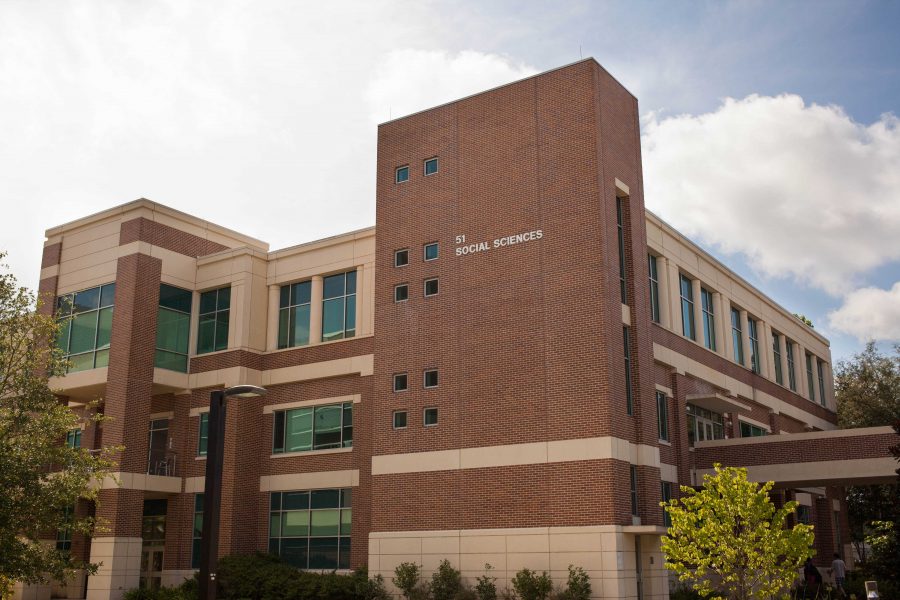
Photo by Jennifer Grissom
Psychology professors from UNF and the University of Sheffield, U.K. discovered that working memory helps children tell better lies, according to a UNF press release.
UNF Associate Professor of Psychology Dr. Tracy Alloway was one of the lead researchers in the study, “Liar, Liar, Working Memory on Fire: Investigating the Role of Working Memory in Childhood Verbal Deception.” The study, published in the Journal of Experimental Child Psychology, focused on the relationship between working memory and telling lies.
“This research shows that thought processes, specifically verbal working memory, are important to complex social interactions, like lying, because the children needed to juggle multiple pieces of information while keeping the researcher’s perspective in mind,” Alloway said in the press release.
A total of 137 children, 6 and 7-year-olds, participated in the study and had their verbal working memory tested, according to the press release. They were asked a series of trivia questions that were written on a card with the answers on the back. The researchers then left the room and instructed the children not to look at the back of the card.
A hidden camera observed the children and allowed researchers to see which ones looked at the answers. Those who looked gave the correct answer when the researchers asked a question. When asked “entrapment questions” about back of the card, those with higher verbal working memory answered them wrong in order to disguise that they looked at the back of the card.
“We already know that adults lie in approximately a fifth of their social exchanges lasting 10 or more minutes, so it’s interesting to know why some children are able to tell better lies than others,” University of Sheffield Professor of Psychology Elena Hoicka said in the press release.
According to the press release, this is the first time verbal working memory in particular has shown a strong link to lying.
“Parents may sometimes become frustrated when their child lies about sticking their hand in a cookie jar, but we can take heart that the more believable the explanation for the crumbs around their mouth, the more intelligent they are,” Alloway said.
—
If you see an error in this story or have any compliments or concerns, contact [email protected].


